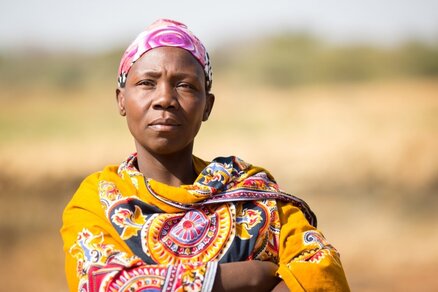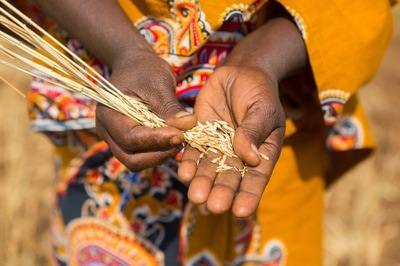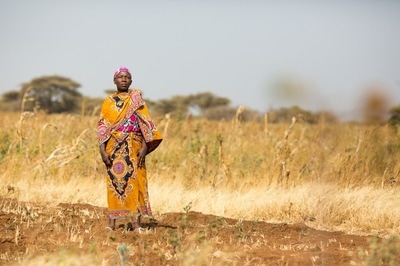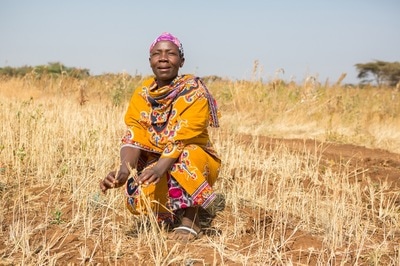Two sides of the coin
Conflict between pastoralists and farmers are common in northern Tanzania, where land and water grow in scarcity and the population continues to expand. Here we share the stories of two neighbours, farmer Rose and pastoralist Hanot.
Conflict between pastoralists and farmers are common in northern Tanzania, where land and water grow in scarcity and the population continues to expand. Here we share the stories of two neighbours, farmer Rose and pastoralist Hanot.




